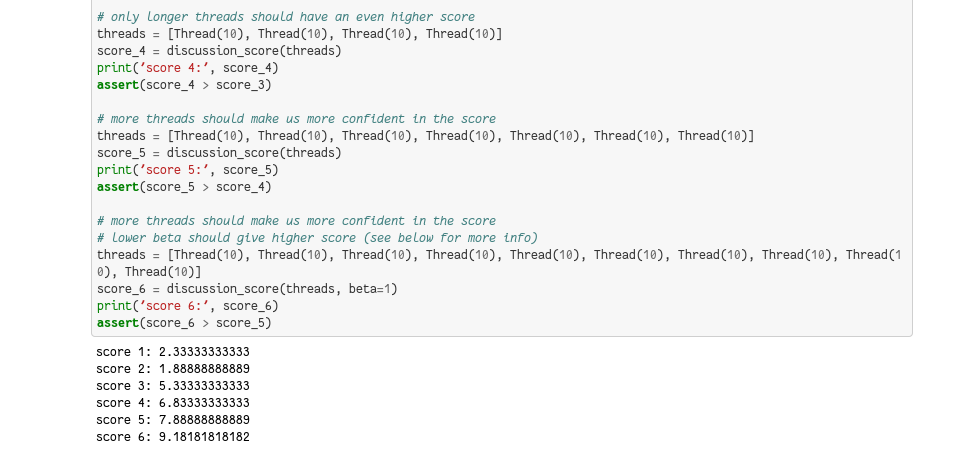hi
what I've been up to since IDEO
(a mixture of personal and ~✨Public Science✨~ work)
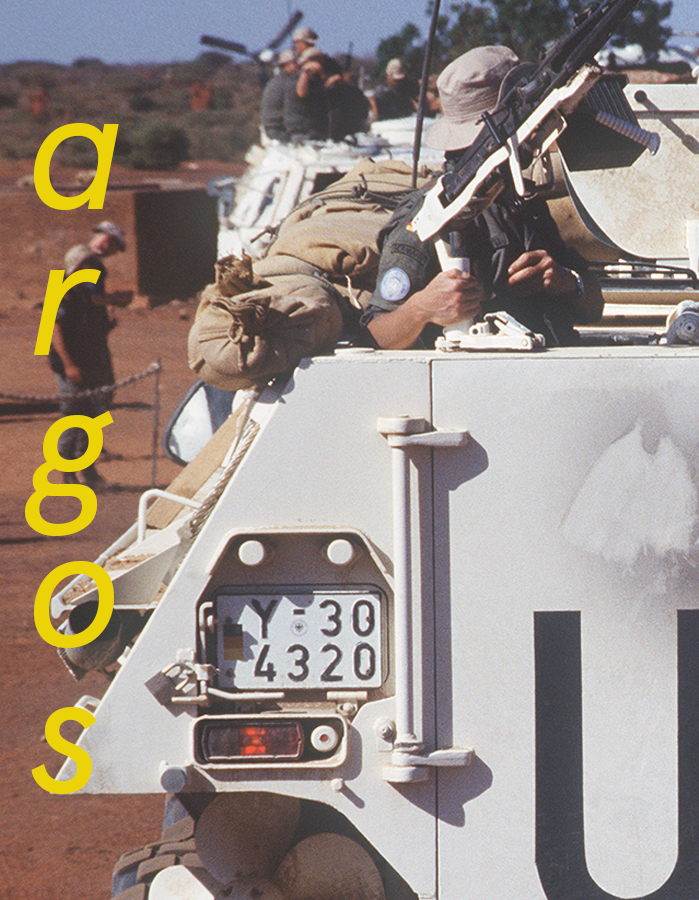
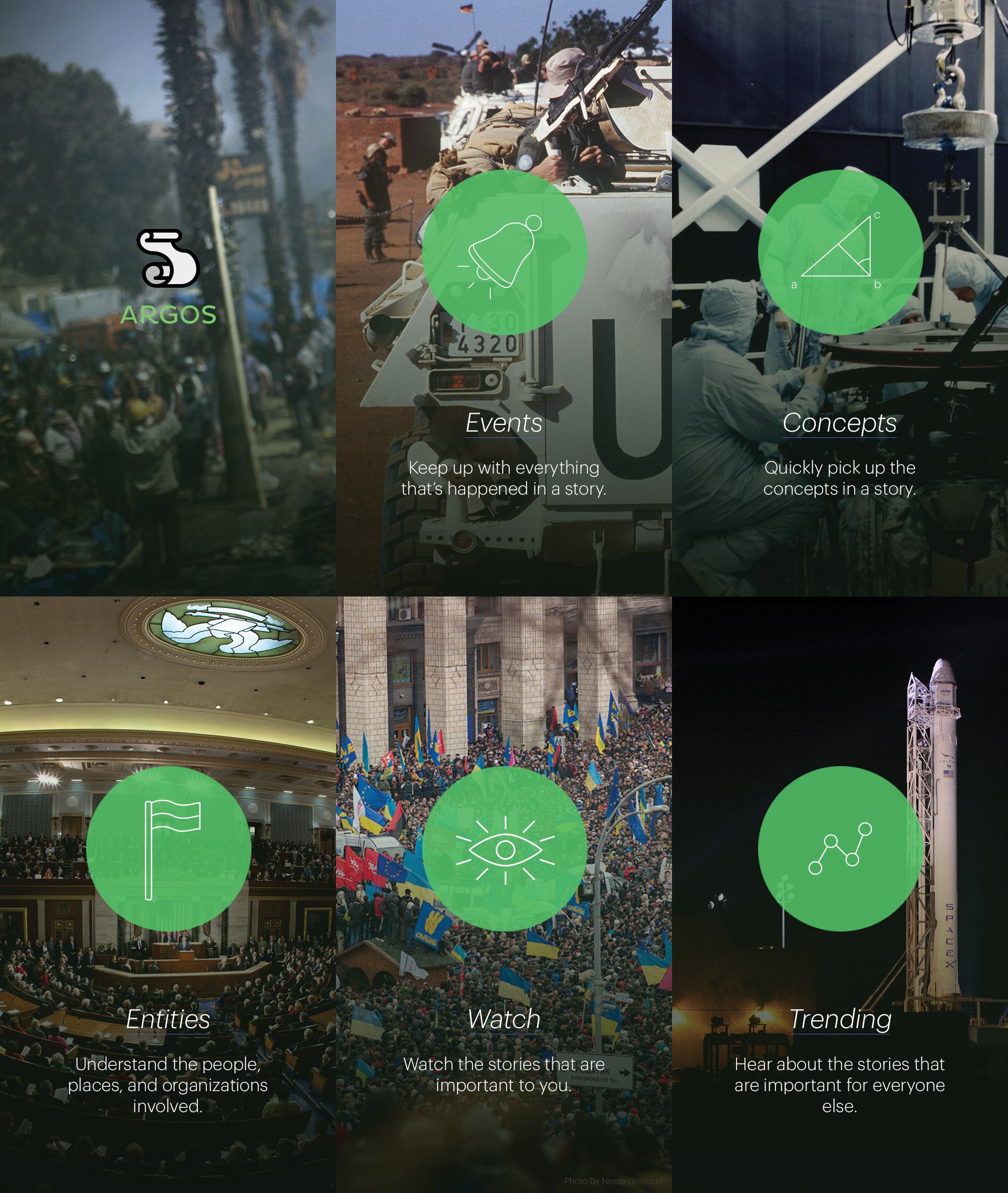
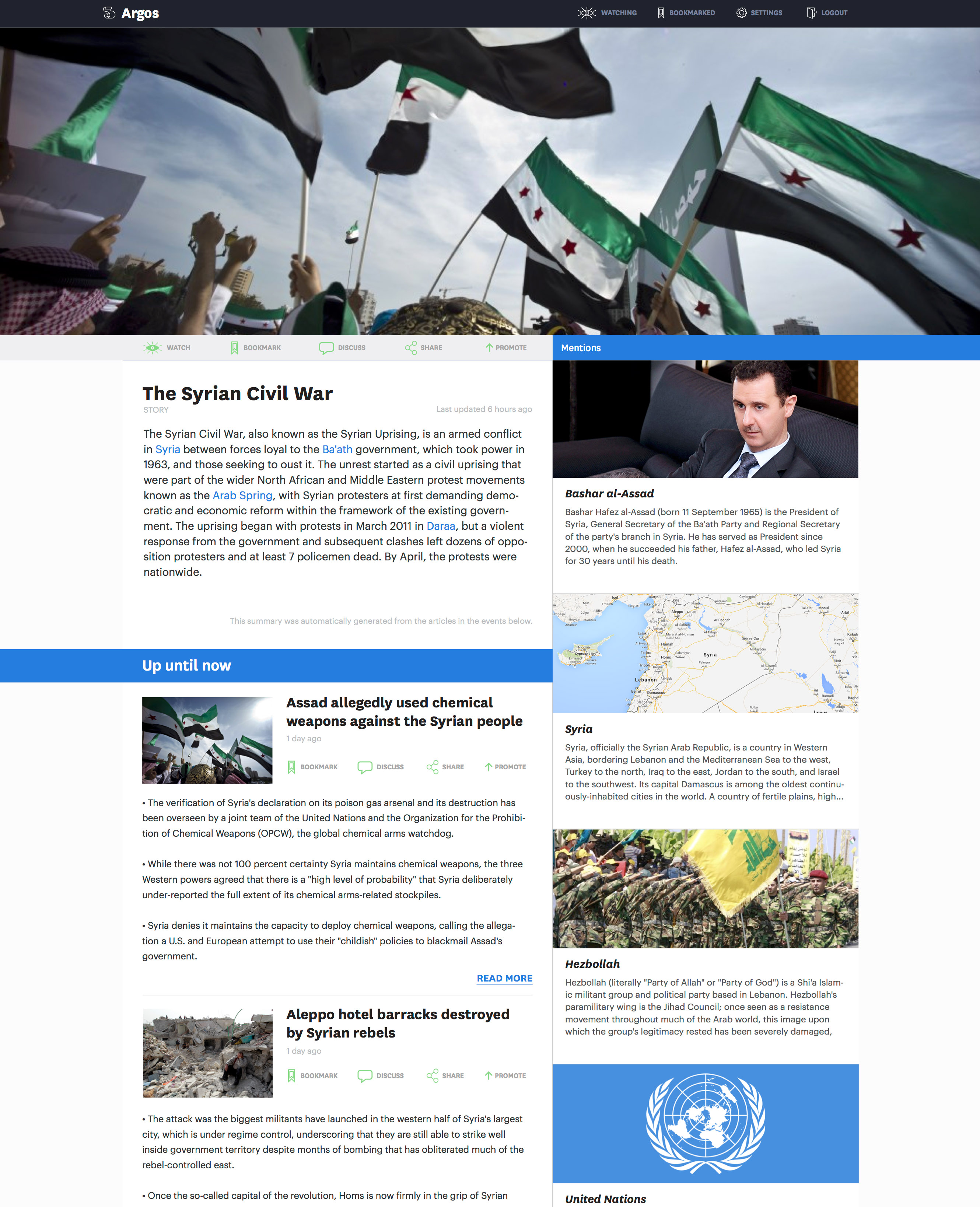
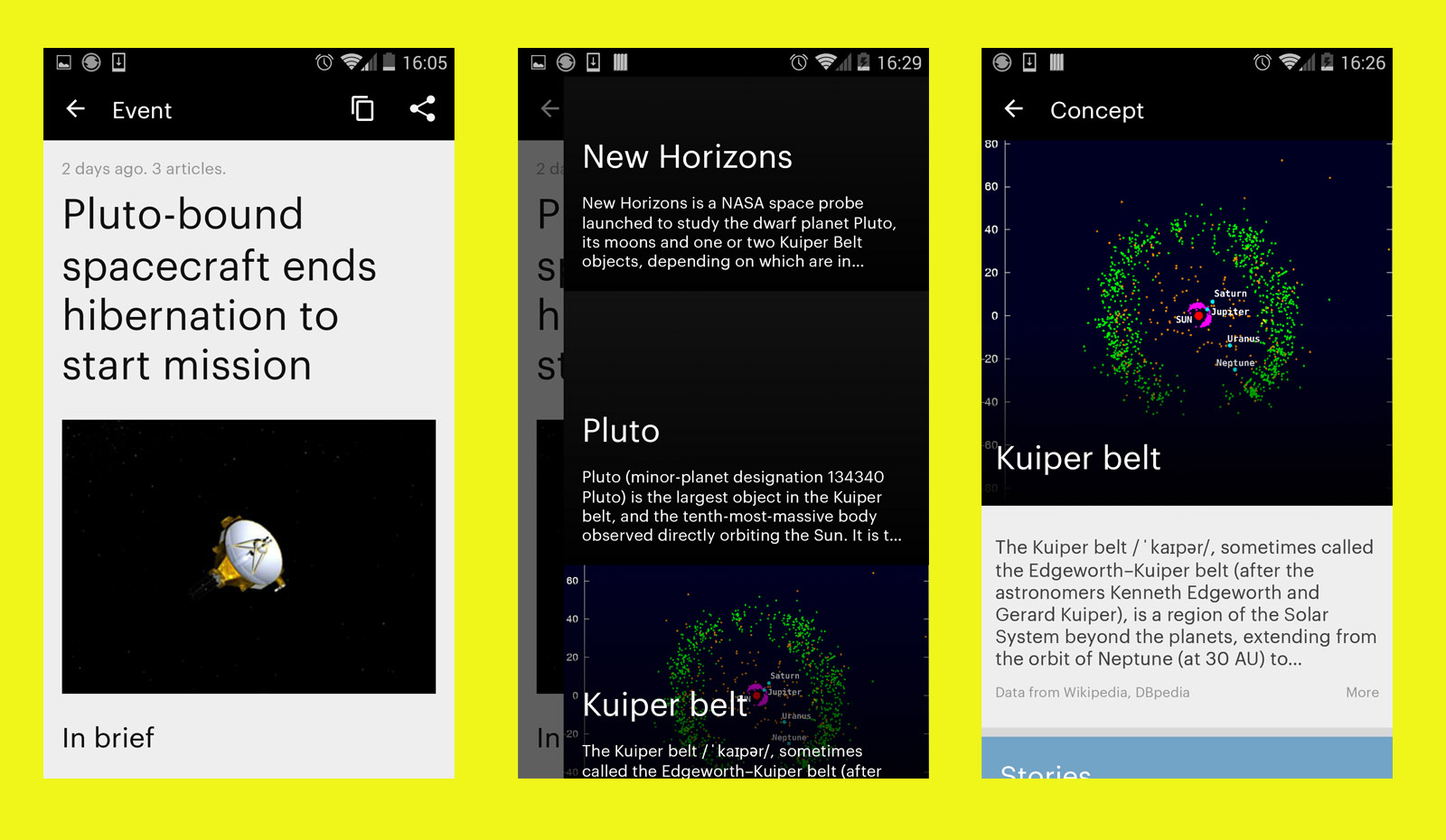
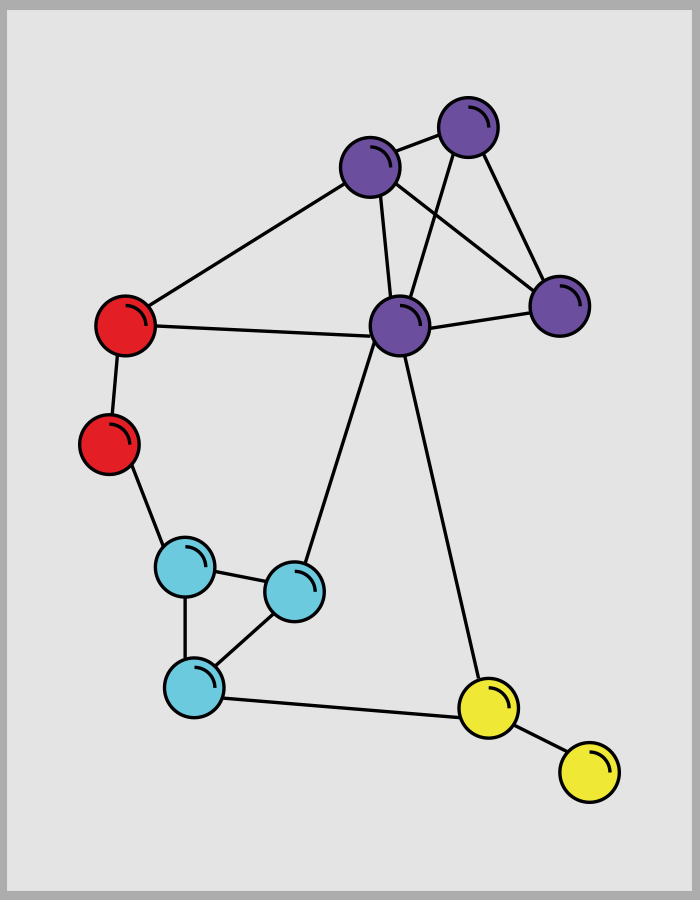
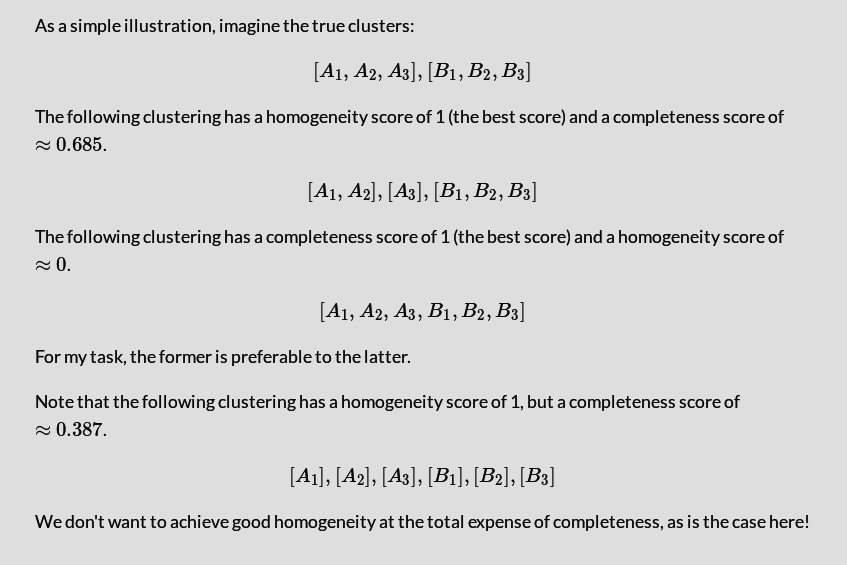
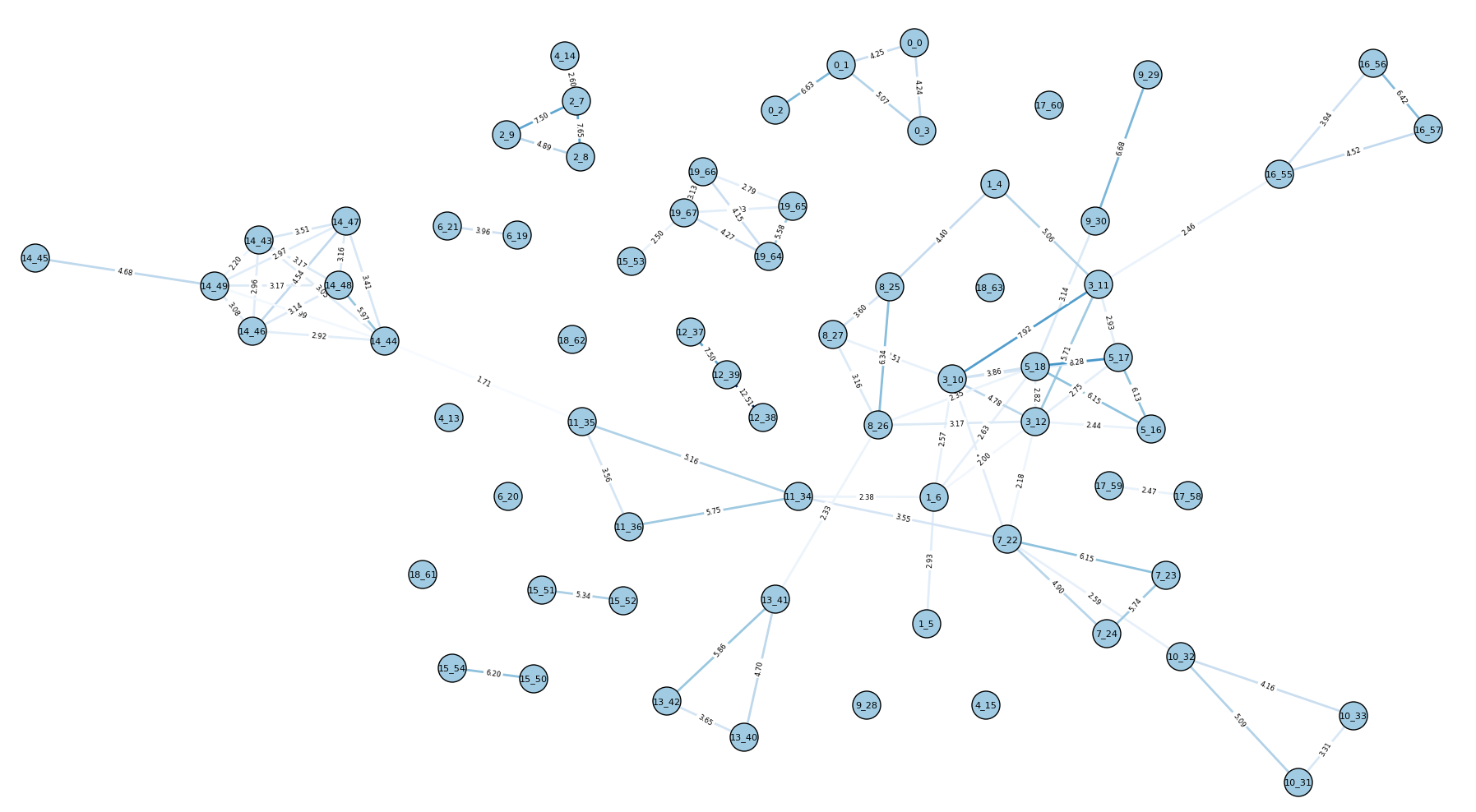

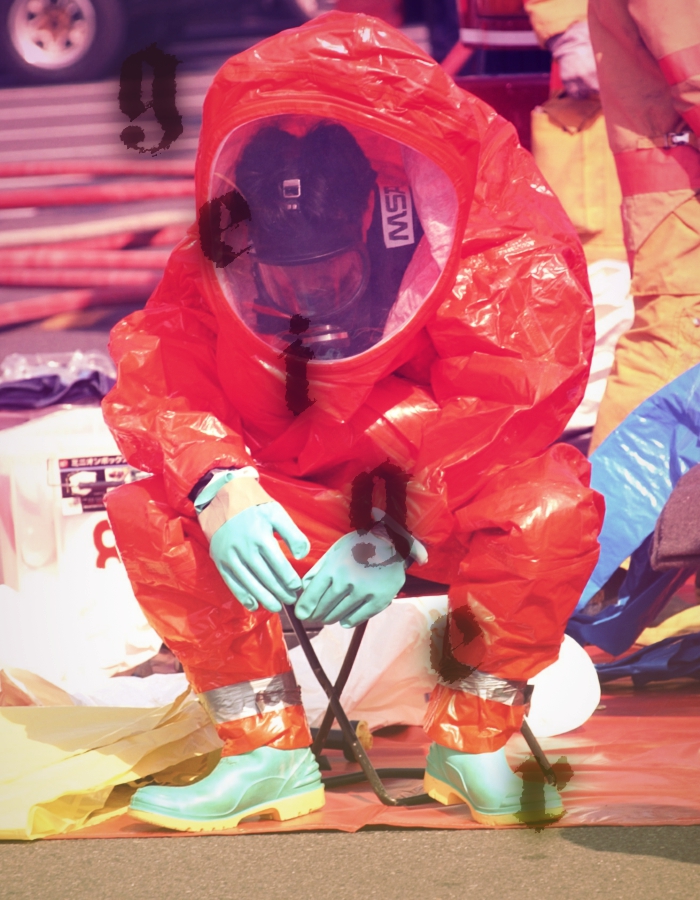

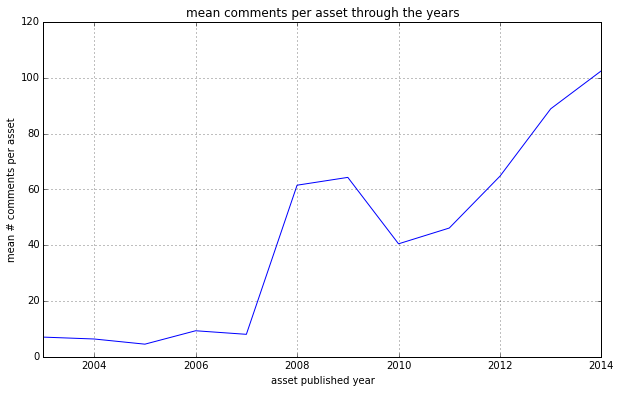
If we can extract highlights from the comments for a given article, we can present them as a summary of reaction towards a piece and the popular perspectives which are represented, quantifying the support for each. Readers can use this to orient themselves in the discussion around an article very quickly and immediately identify sub-conversations they can be a part of.

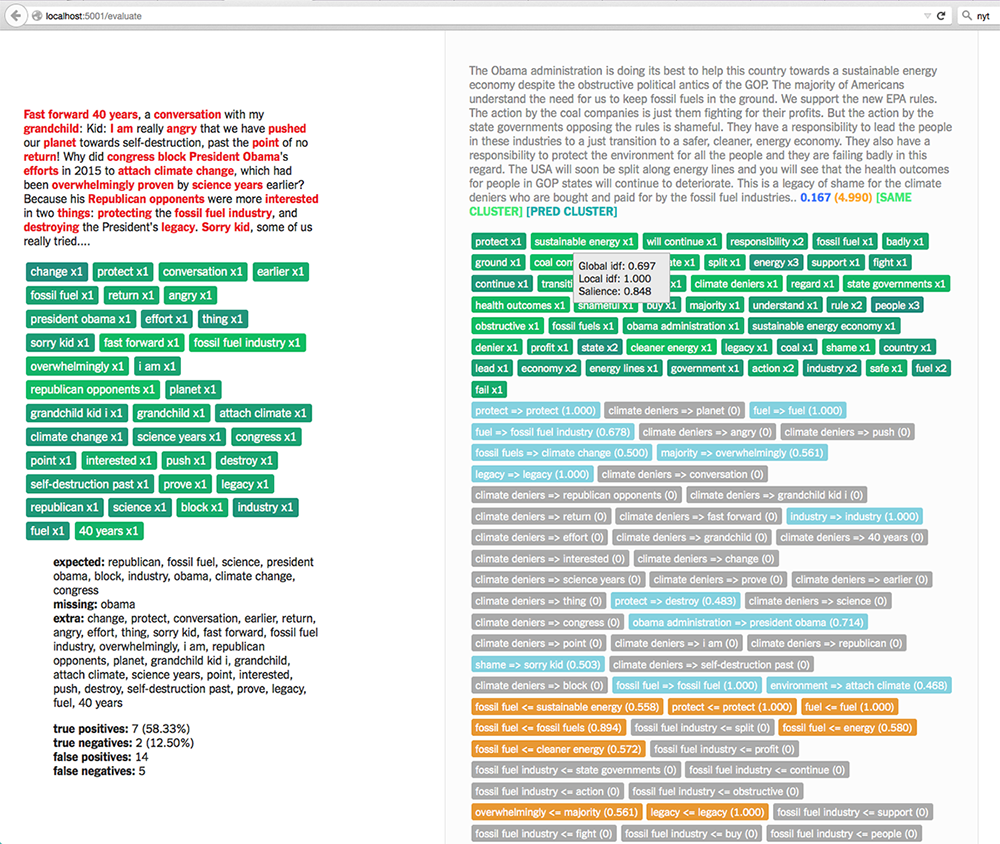
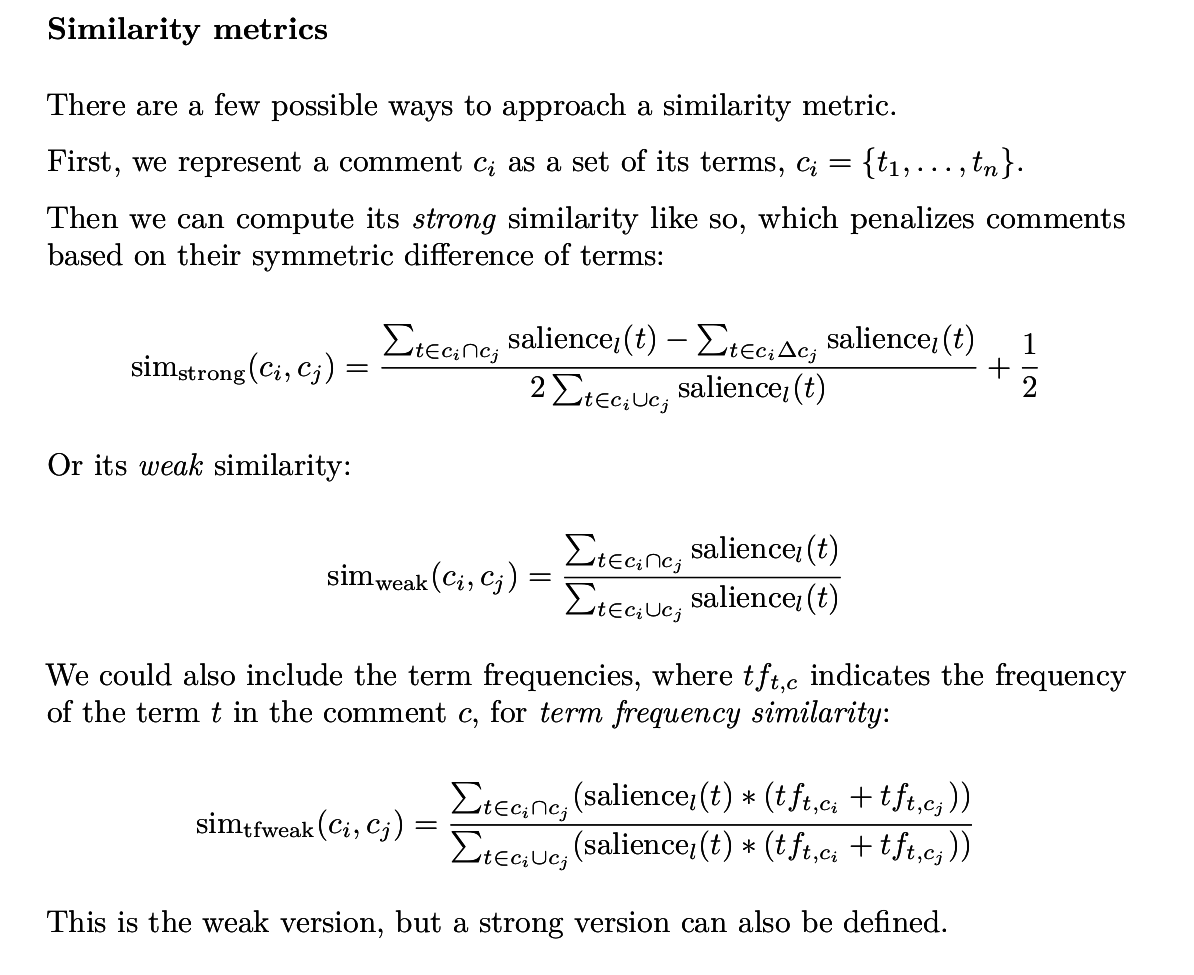
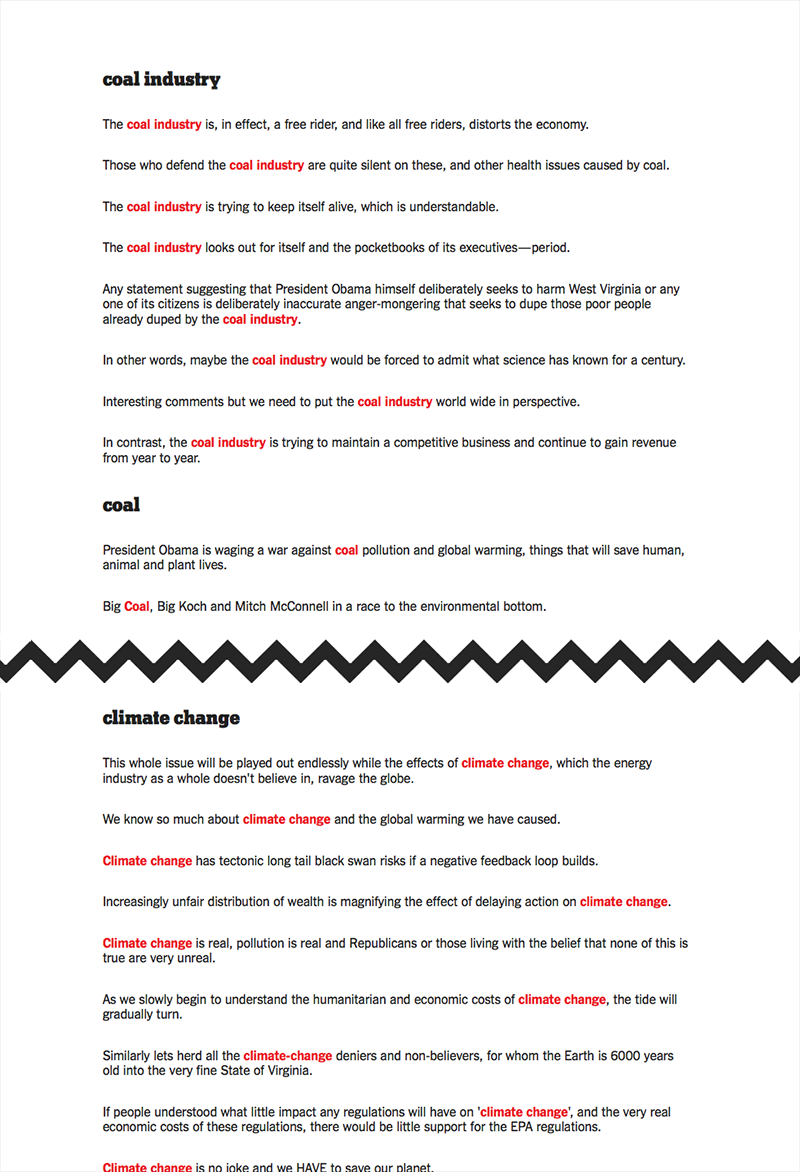
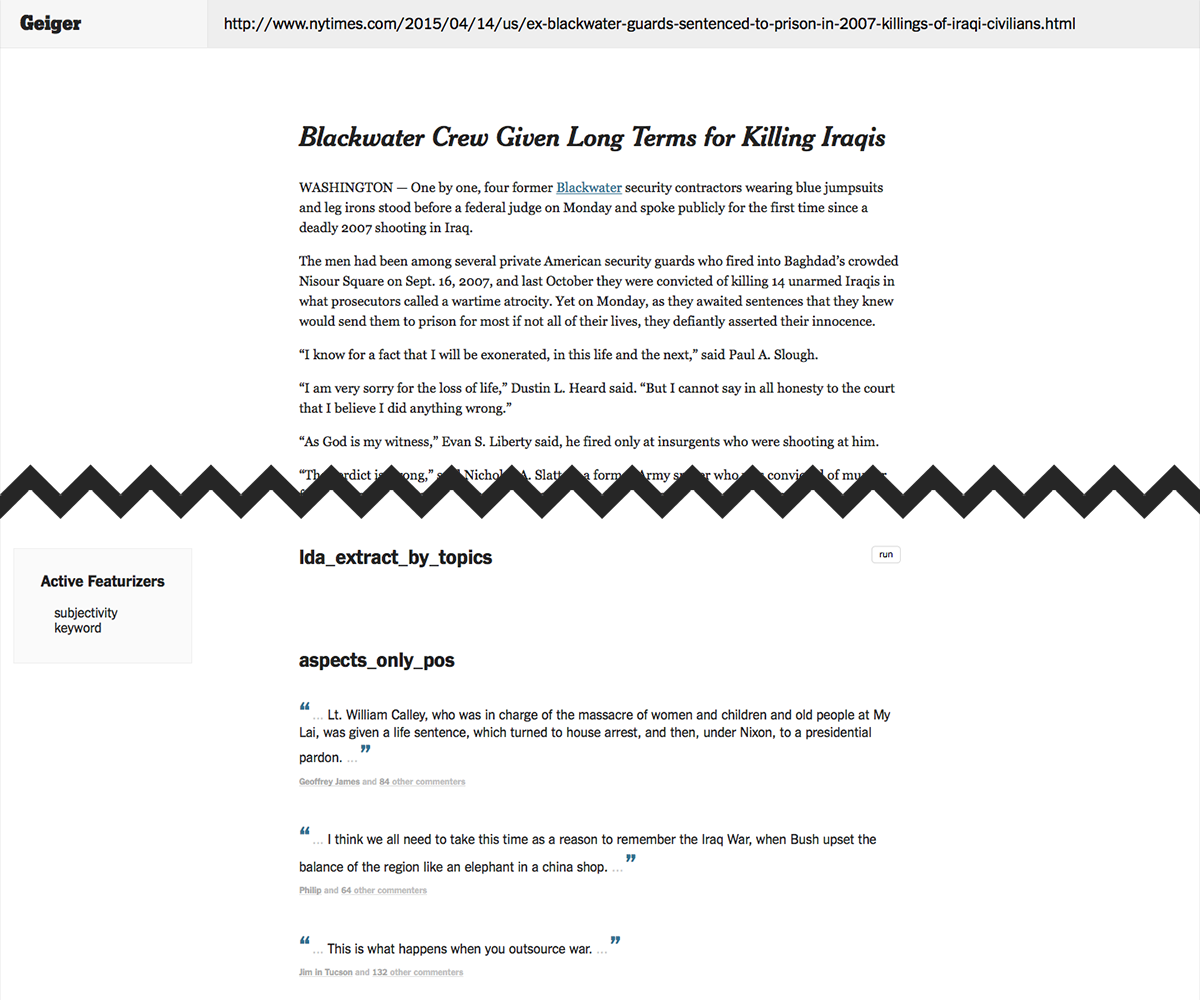
other coral experiments
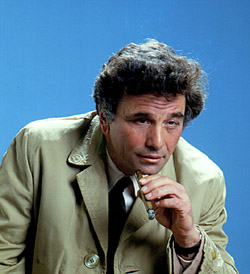

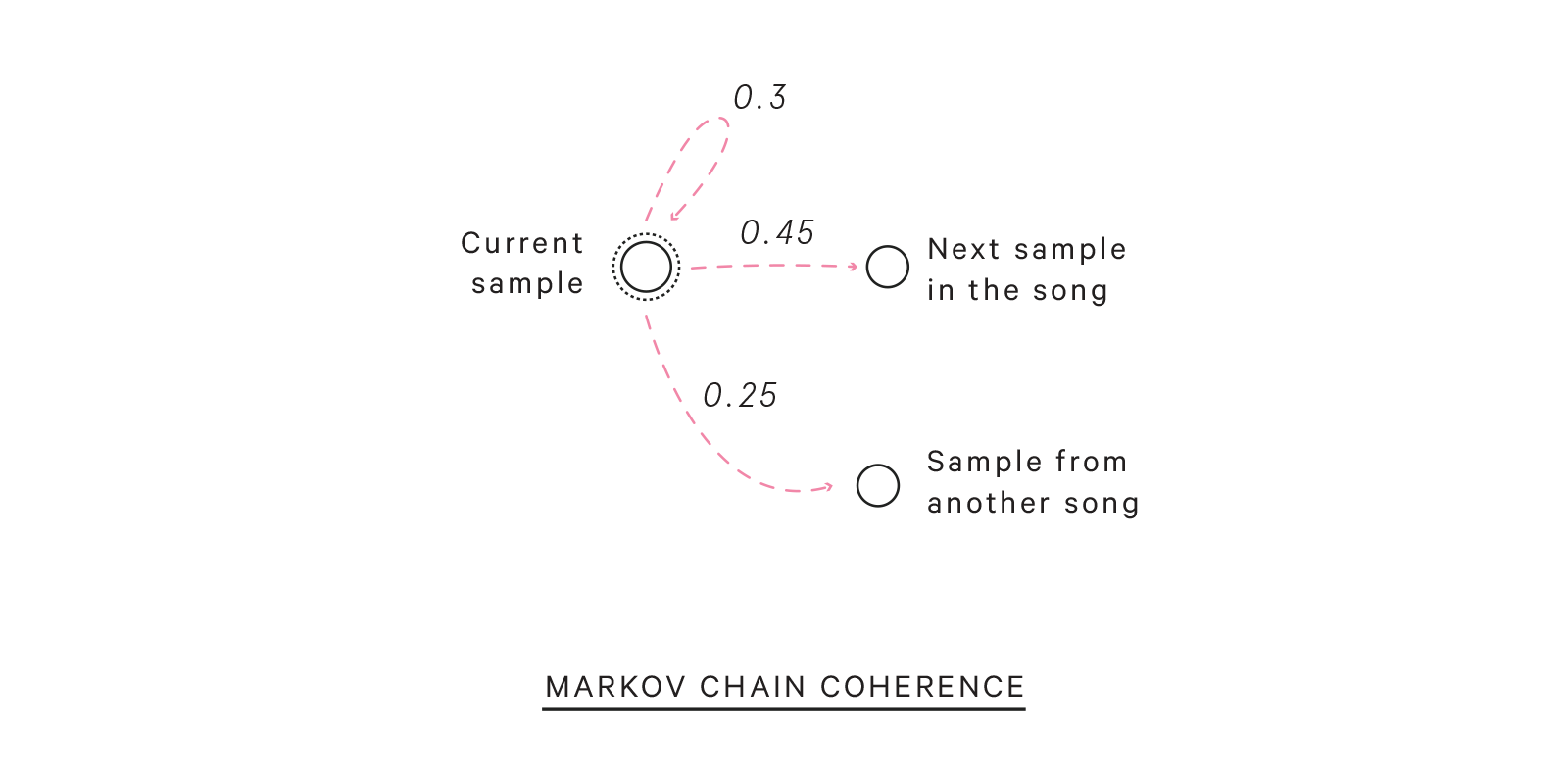
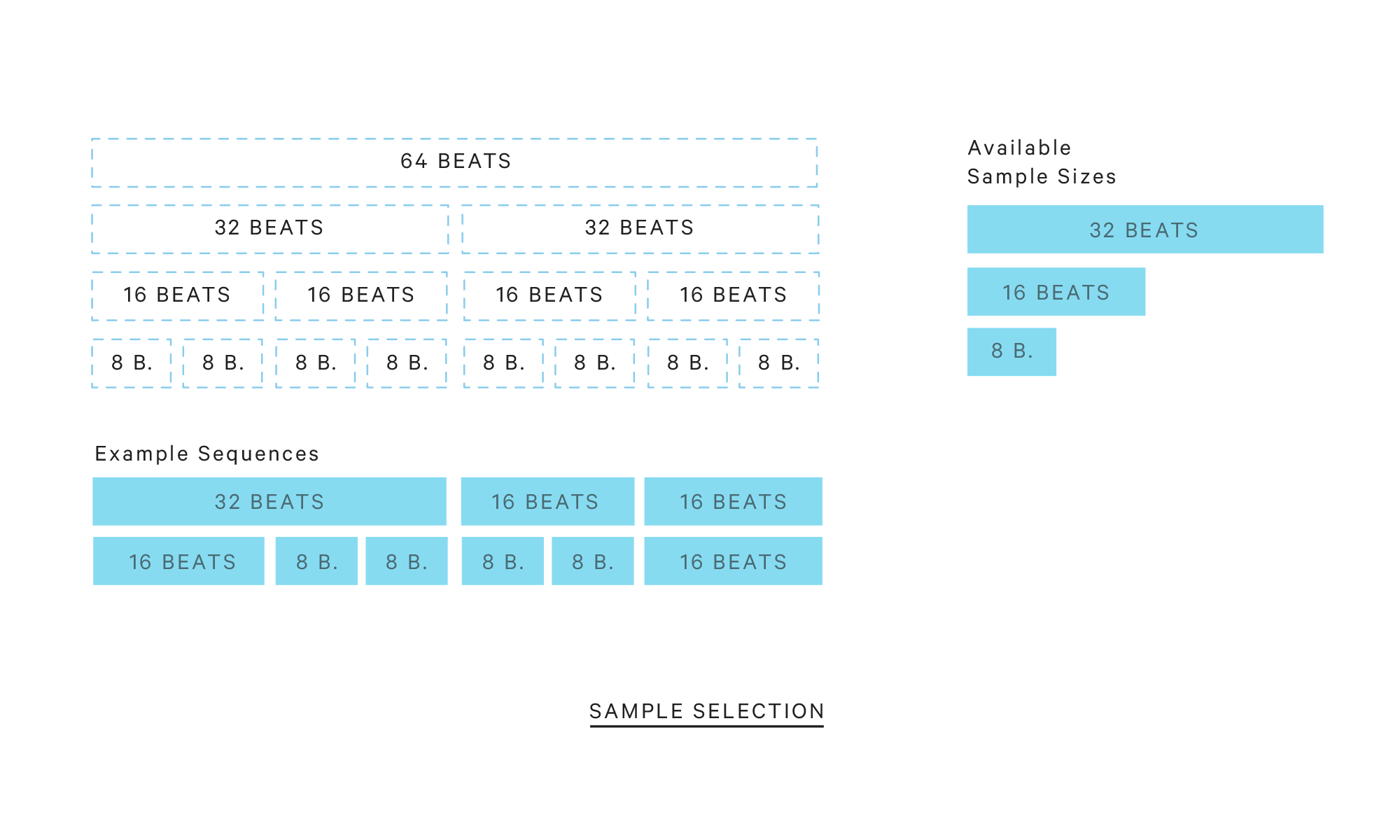

The sage says:
I do not know its name.
It is the mother of the world.The sage does not claim the teacher of the state by losing the state.
It is the best way to be in the world with the country.
The Tao of heaven is soft and weak, and the people will protect them.
The Tao is like the world of the form of the world.
It is the master of all things, which is the mother of all things.
The Tao of heaven is everlasting and intelligent and failure.
It is the mother of the world.
The sage does not fail to fail to be seen.

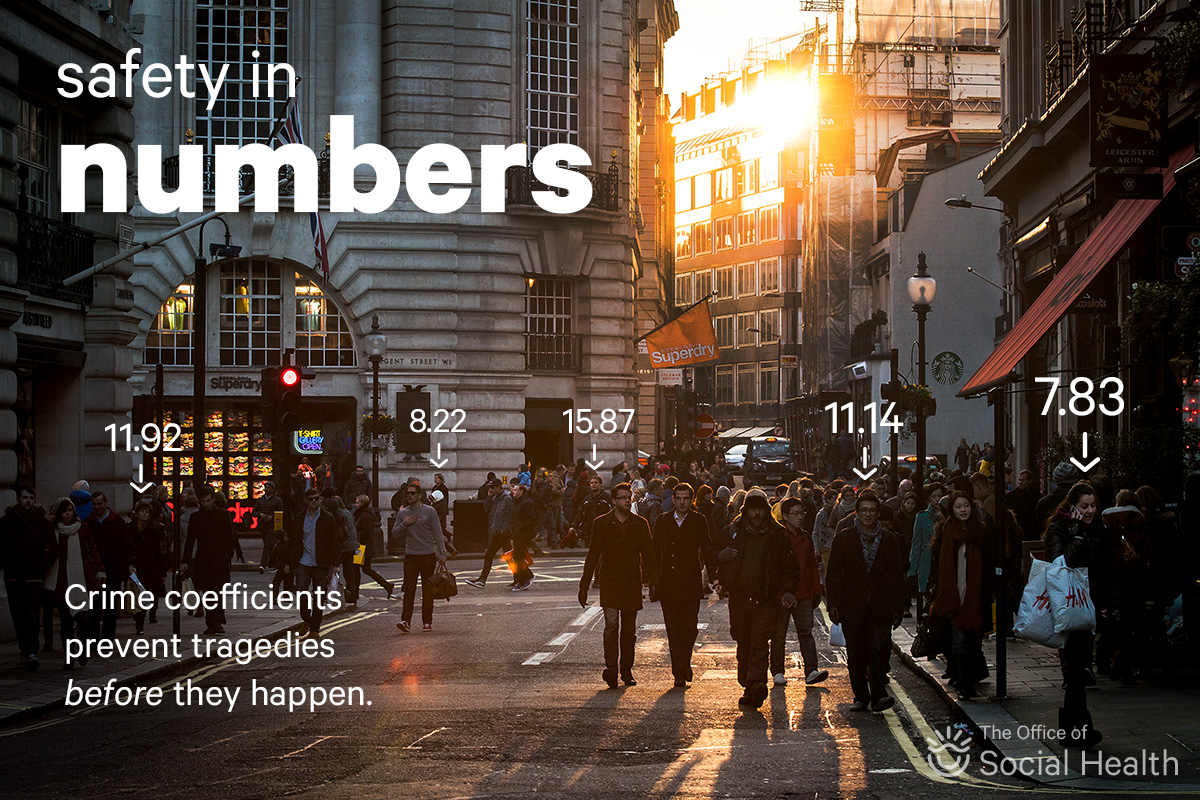

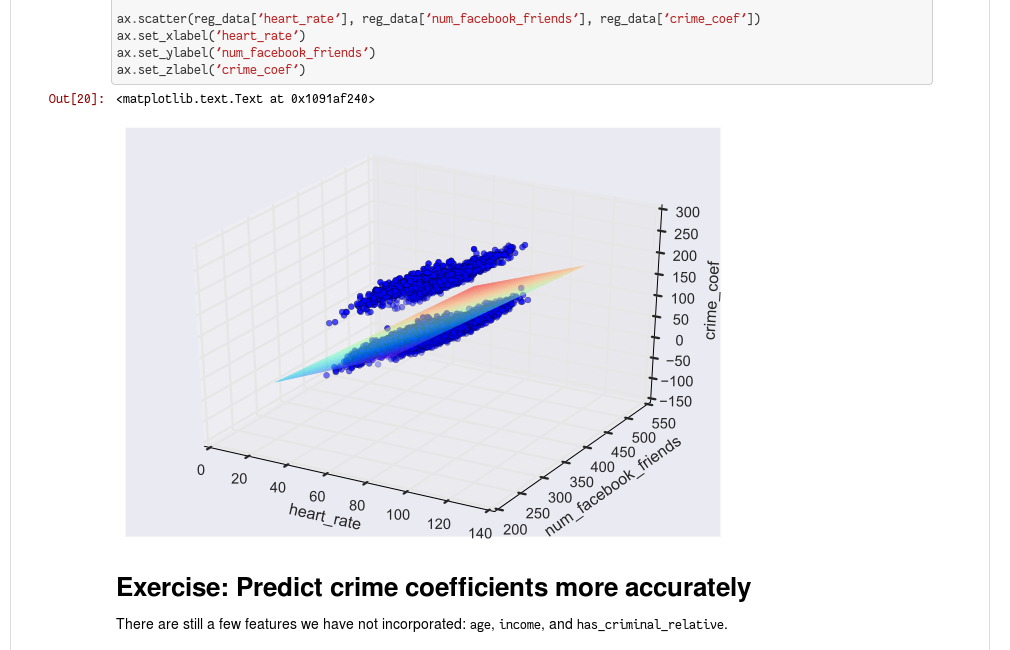
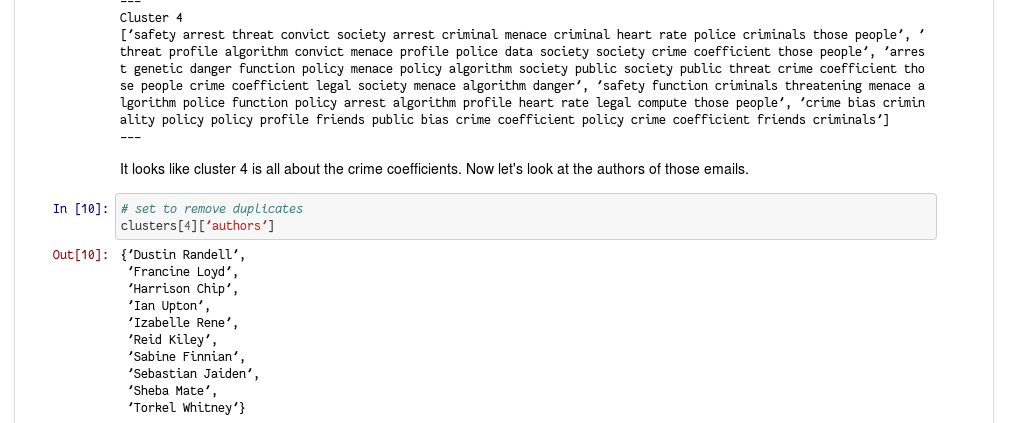
Humans of Simulated New York (w/ Fei Liu)
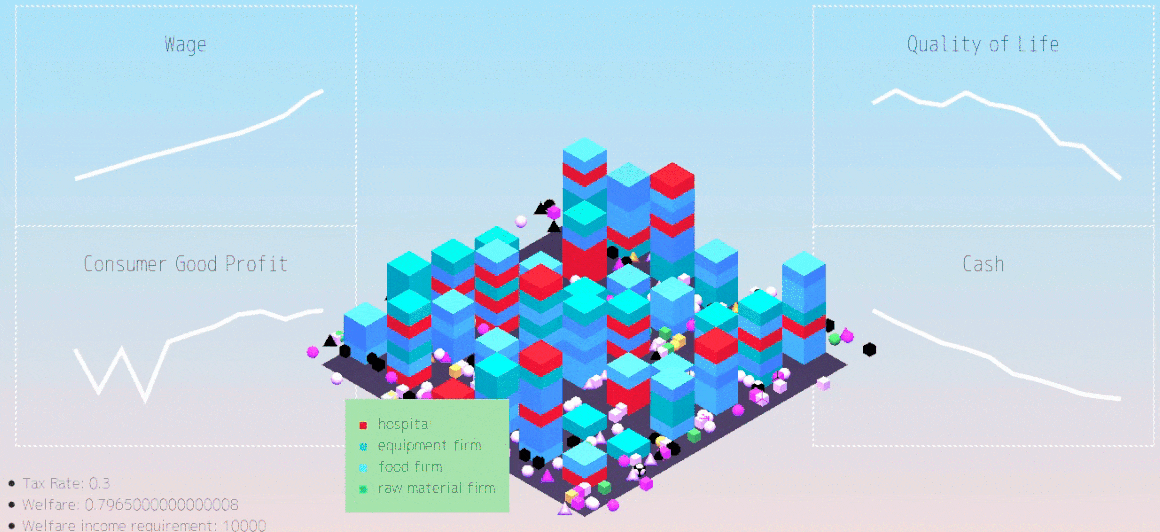
Wicked problems
- difficult to agree on the problem (or whether there's a problem at all)
- there is no comprehensive perspective
- wicked problems are interconnected
- no way to verify or experiment solutions
- there may be (very) delayed feedback loops
- every wicked problem is unique
- are nonlinear (outputs are disproportionate to the inputs)
- they are massive & intimidating
Rittel, H. W., & Webber, M. M. (1973). Dilemmas in a general theory of planning. Policy sciences, 4(2), 155-169.

key question:
how do you make sense of nauseatingly complex systems?

The Image of the City, Kevin Lynch
cognitive mapping
a situational representation on the part of the individual subject to that vaster and properly unrepresentable totality which is the ensemble of society's structures as a whole (Postmodernism, Fredric Jameson)
alienation
an inability to cognitively map the mechanisms and contours of the world system is as debilitating politically as being unable to mentally map a city would be for a city dweller. (Jeff Kinkle, referring to Fredric Jameson)
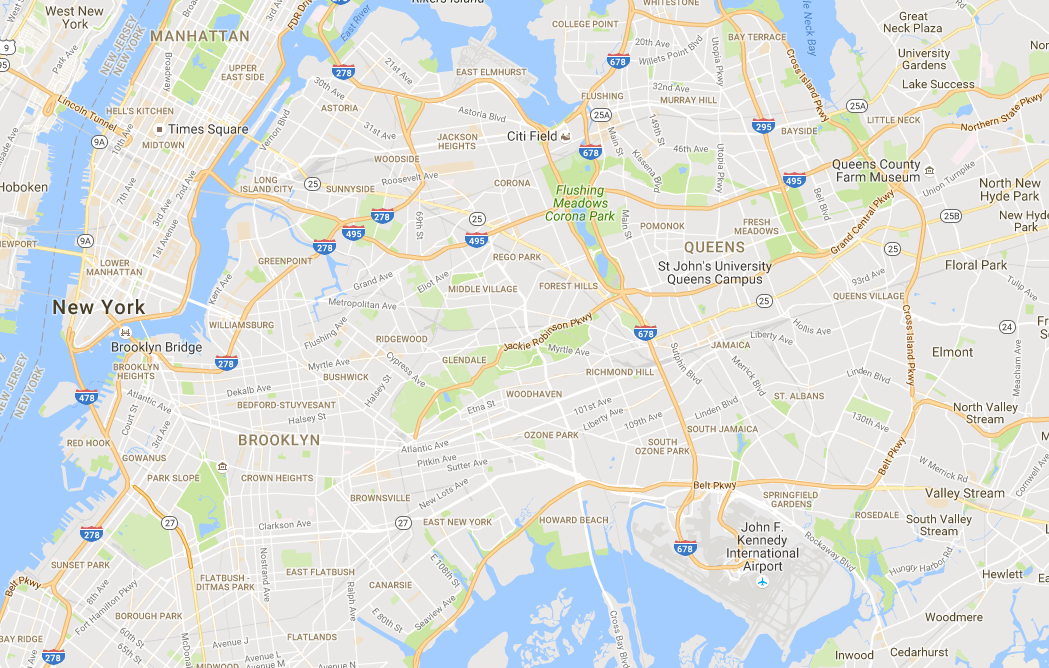
"crisis of representation"
"representational breakdown"
one method: networks
Bureau d´ Études' An Atlas of Agendas
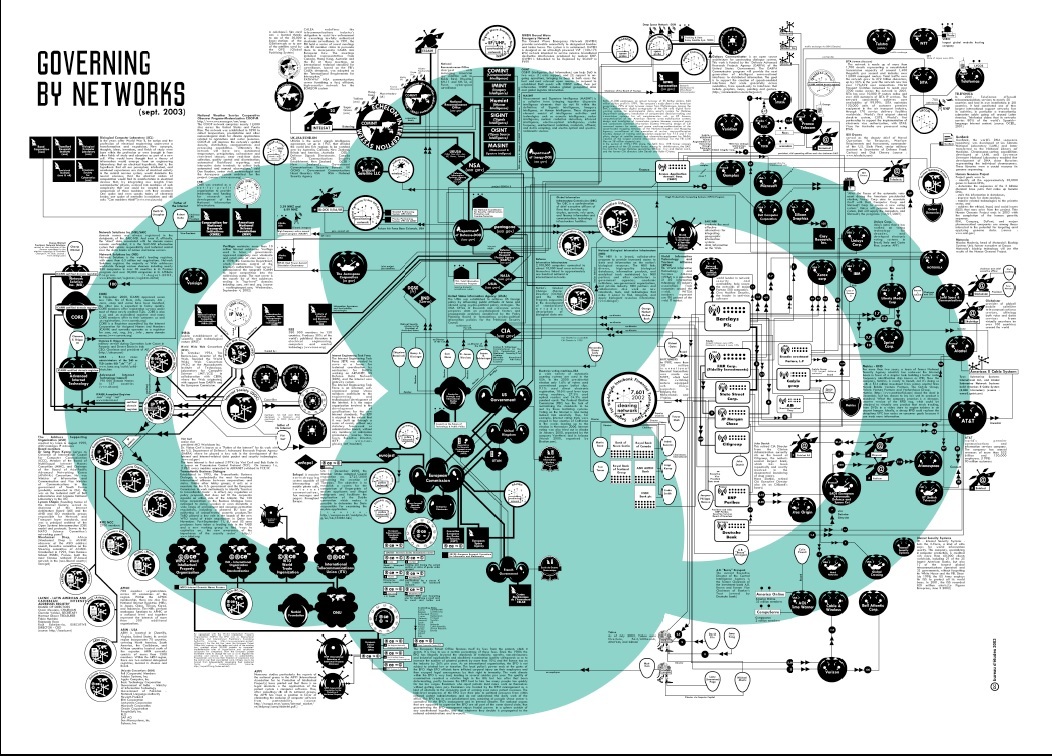
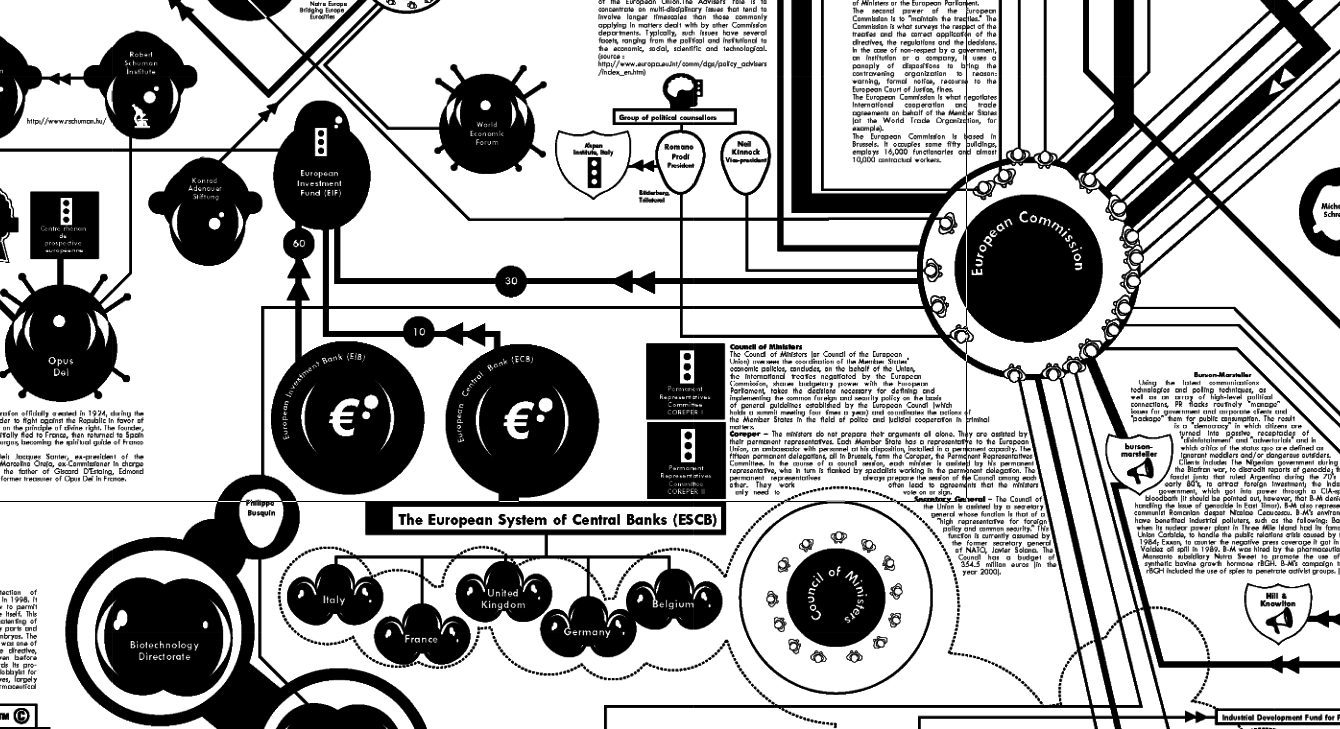
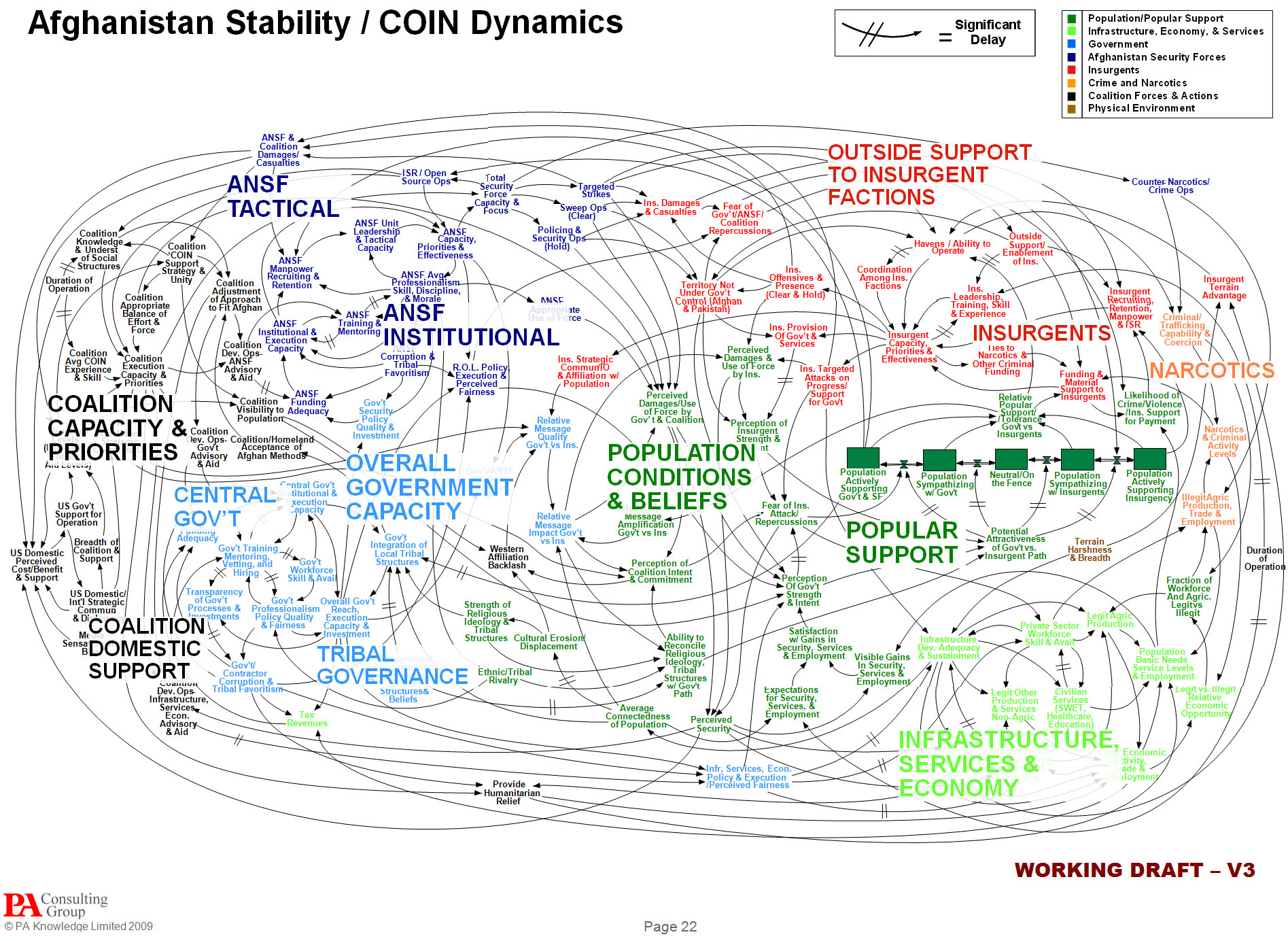
Afghanistan Stability/COIN Dynamics
another method: narratives
Cartographies of the Absolute (Jeff Kinkle, Alberto Toscano)
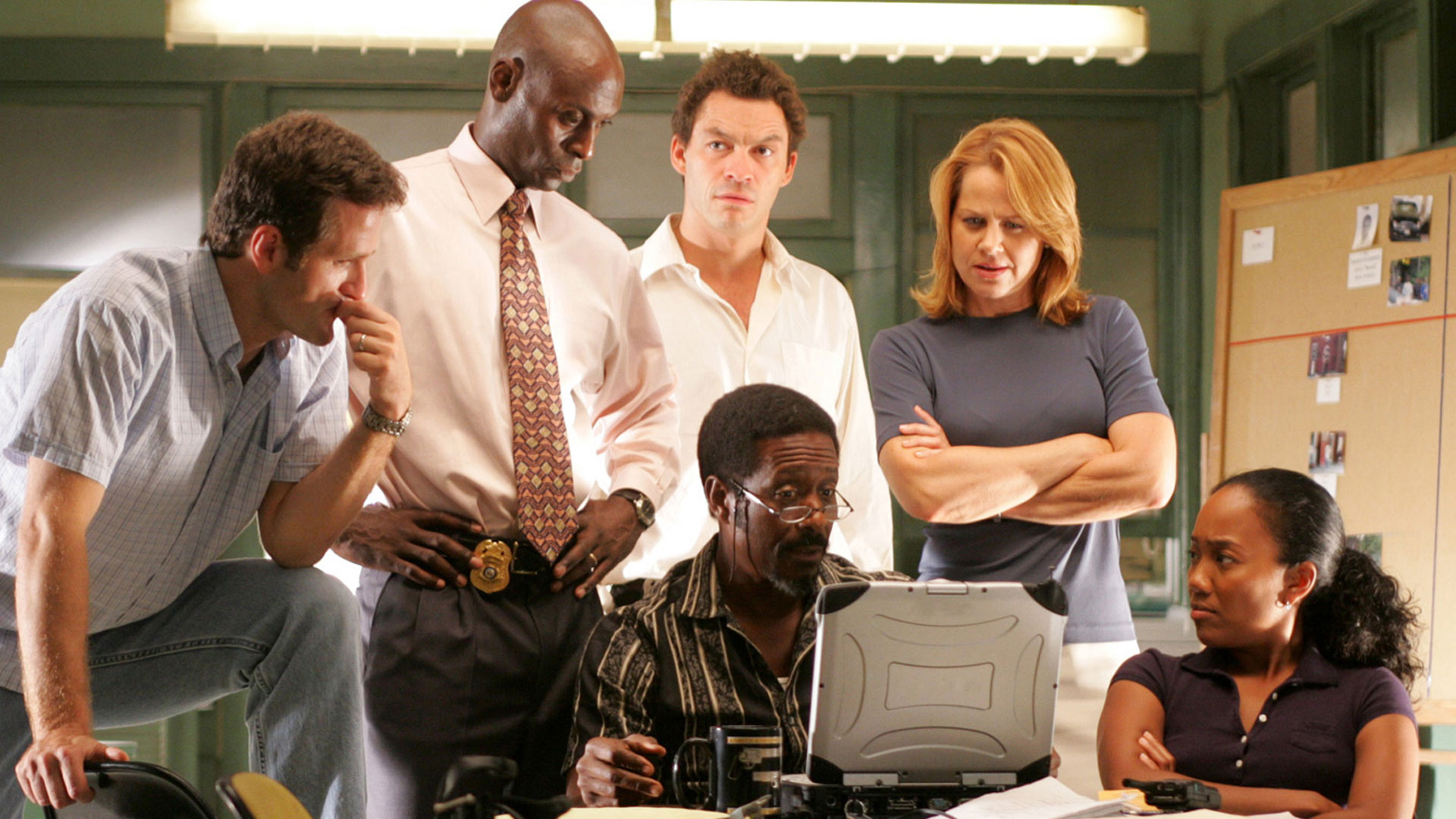
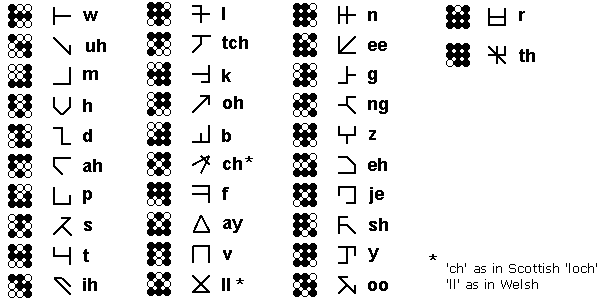
[Marain] appeal[s] to poets, pedants, engineers and programmers alike
Ted Chiang's The Story of Your Life
Arrival (2016)
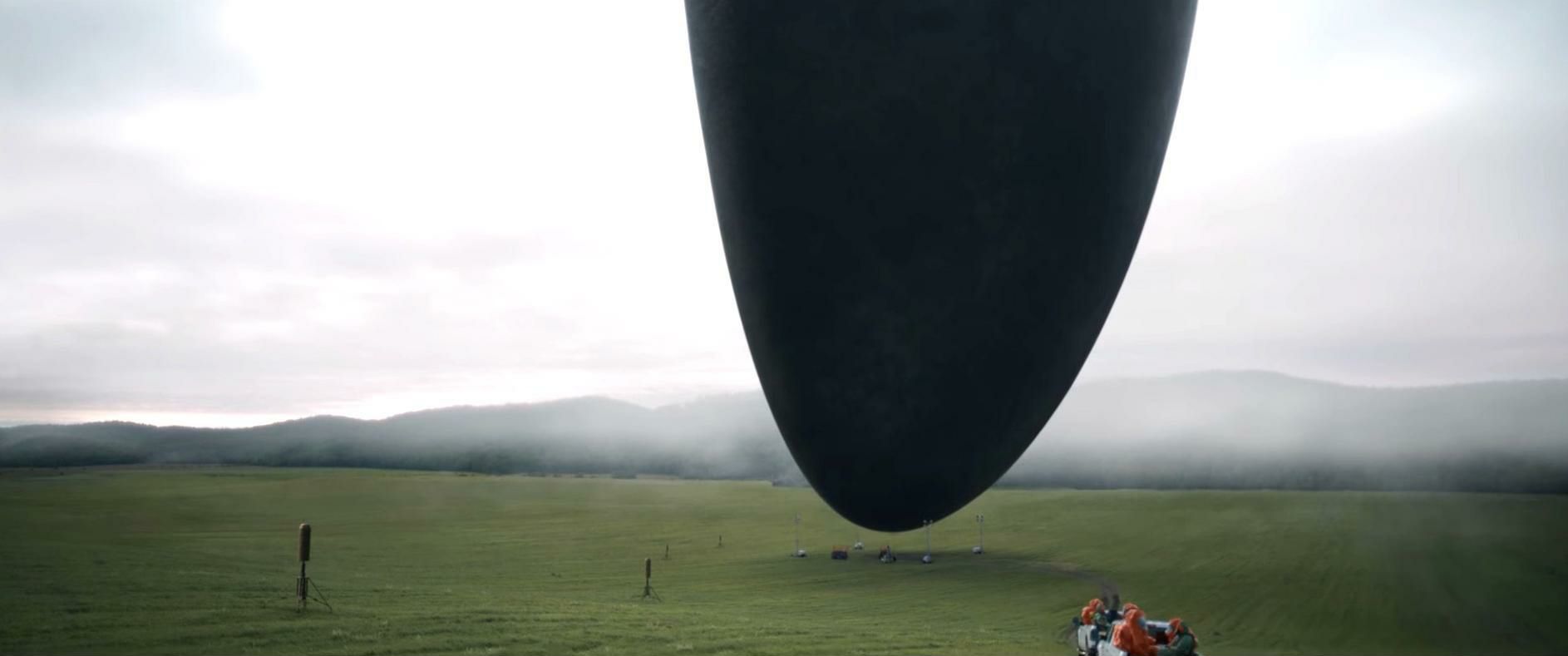
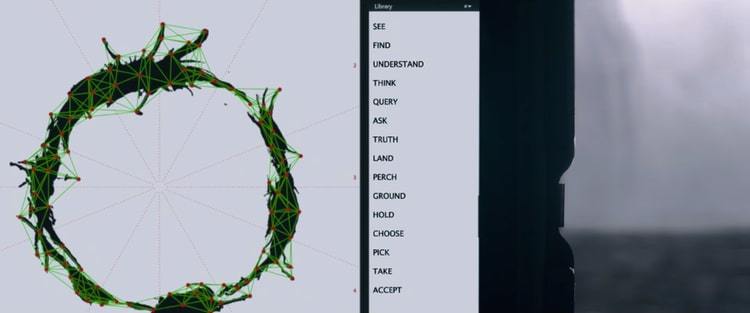
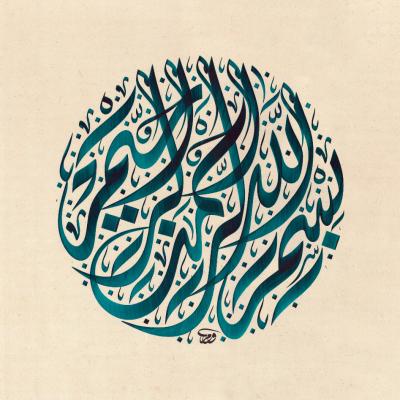

Donella H. Meadows (Thinking in Systems):
there is a problem in discussing systems only with words. Words and sentences must, by necessity, come only one at a time in linear, logical order. Systems happen all at once.
... Pictures work for this language better than words, because you can see all the parts of a picture at once.
what we want in a new representational language:
- explicit description of structure/relationships (network)
- emotional/experiential aspects & dynamics (narrative)
- digestible as a whole
a new "representational infrastructure"? (Wilensky & Papert, 2006;2010)
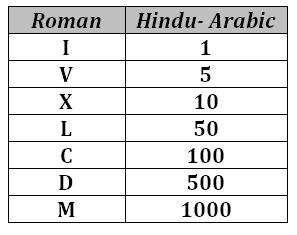
e.g. roman -> hindu-arabic numerals
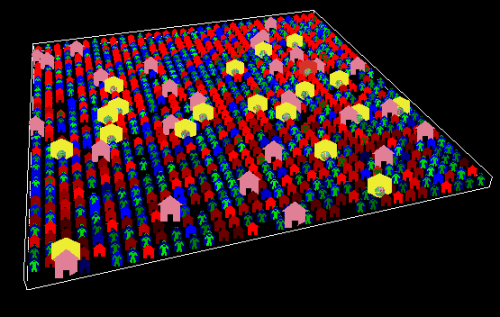
Agent-Based Simulations
New York City American Community Survey data spanning 2005-2014

data about human phenomenon:
experiences → numbers (→ structure)
can we do the reverse?
experiences ← numbers (← structure)
can we rebuild (part of) the world from a description of it?
Joyce, speaking of his novel Ulysses:
I want to give a picture of Dublin so complete that if the city one day suddenly disappeared from the earth it could be reconstructed out of my book.
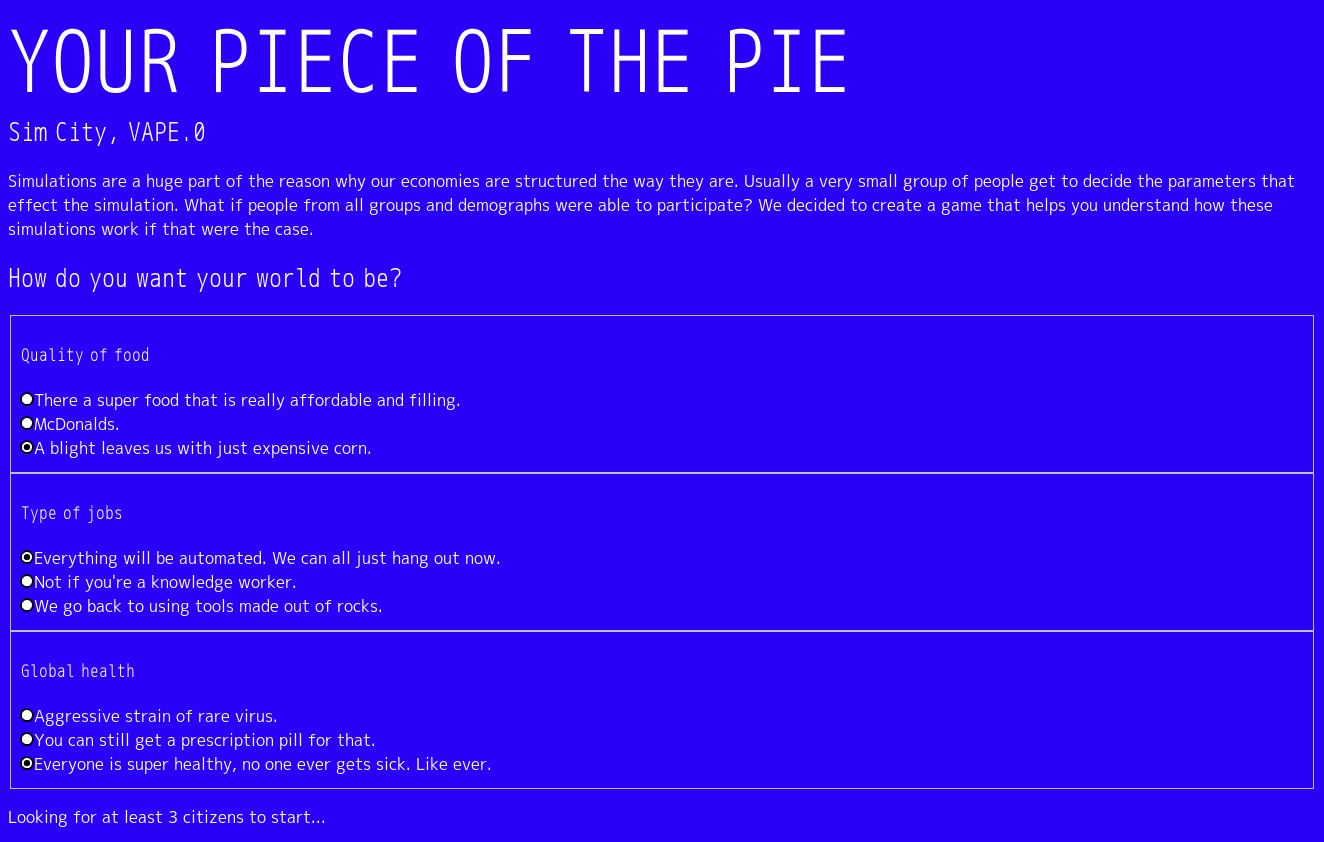
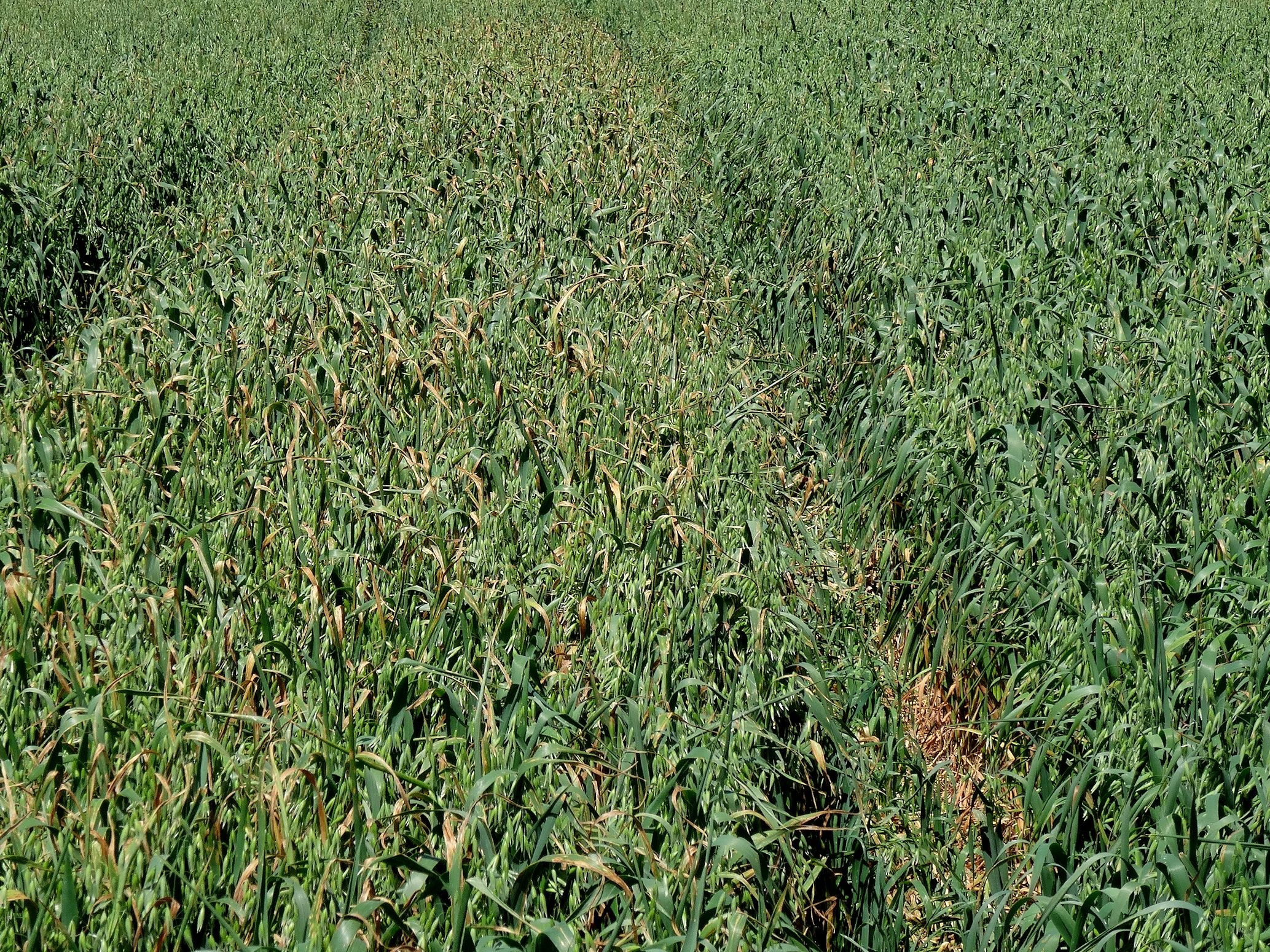
example
monoculture crop blight
- "normal" productivity per equipment
- labor required to produce food at high levels
- nutritional value of food at low levels
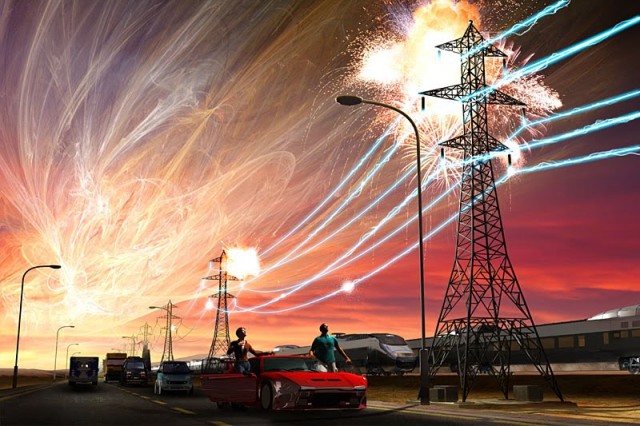
example
massive solar flare
- low productivity per equipment
- labor required to produce food at high levels
- nutritional value of food at low levels

example
fully-automated luxury communism
- extremely high productivity per equipment
- labor required to produce food at "normal" levels
- nutritional value of food at "normal" or high levels
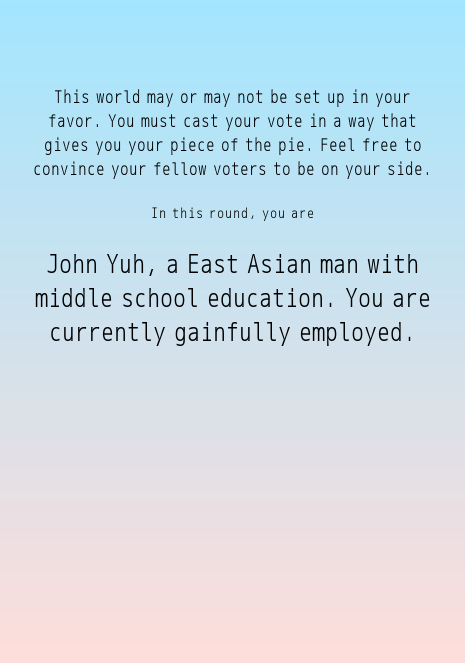
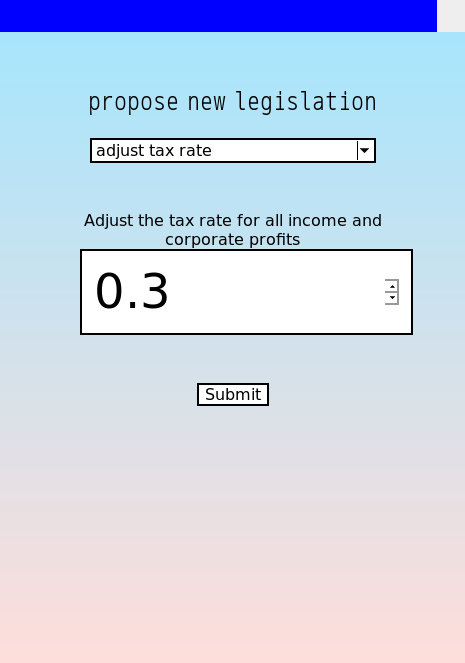
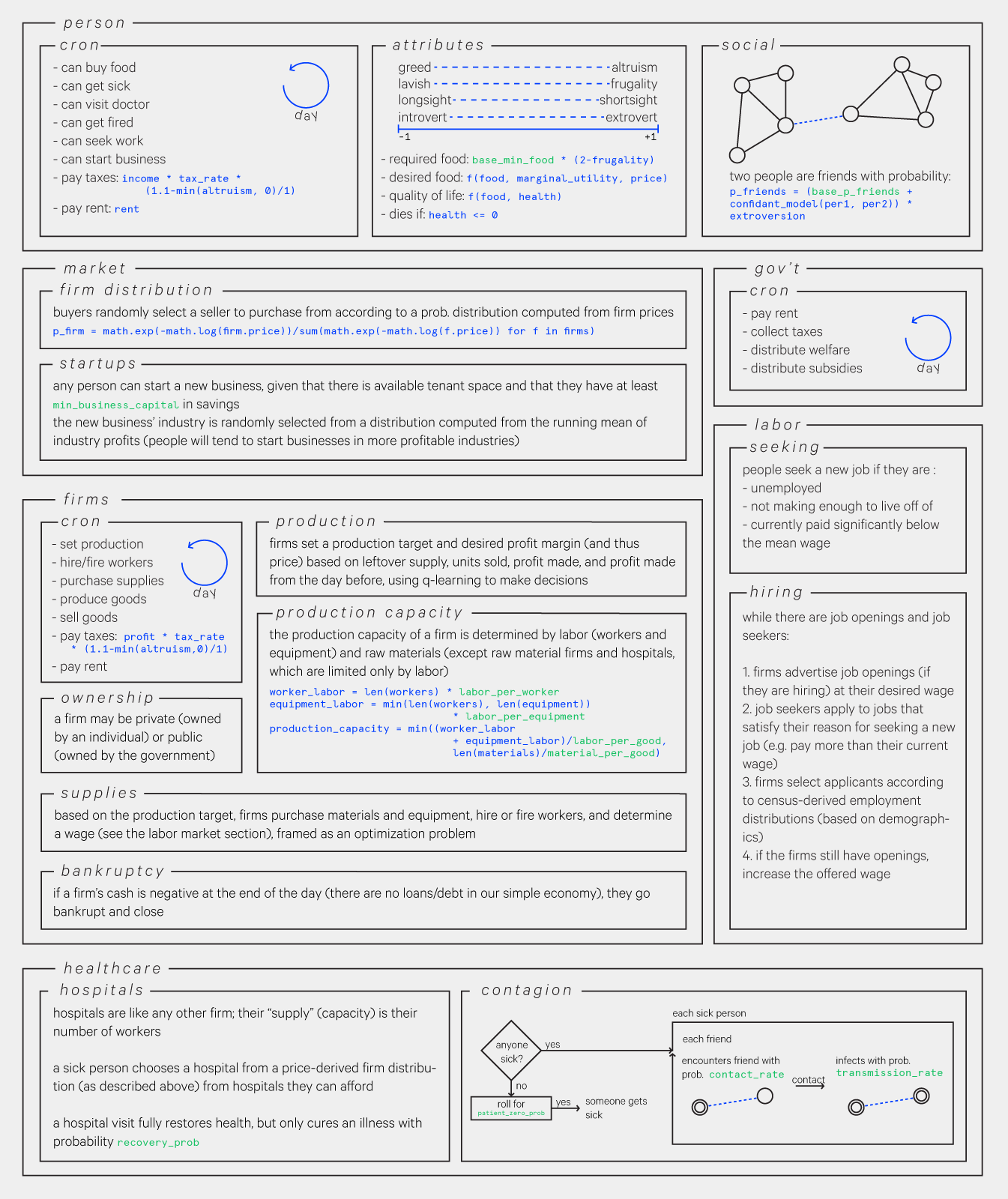
✨wip✨
System Designer
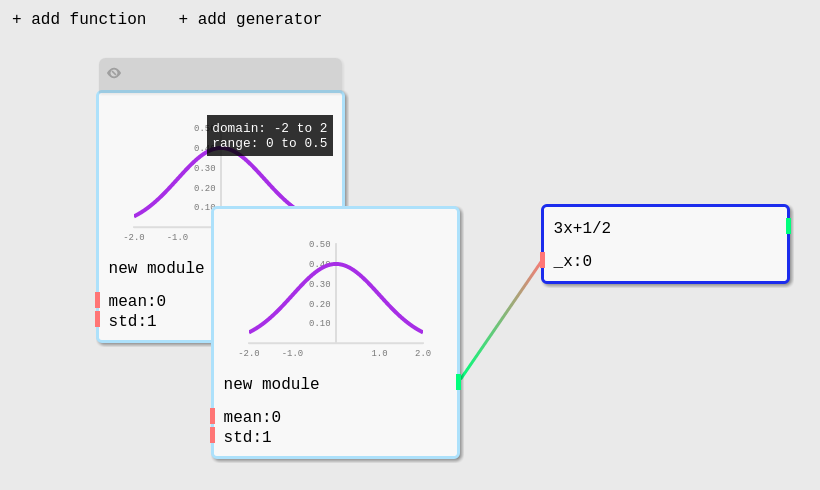
trolley problems: a eulogy for social norms
guac
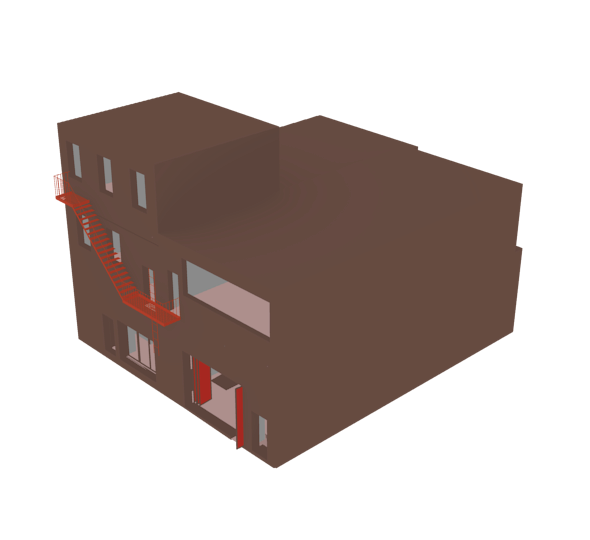

djinn
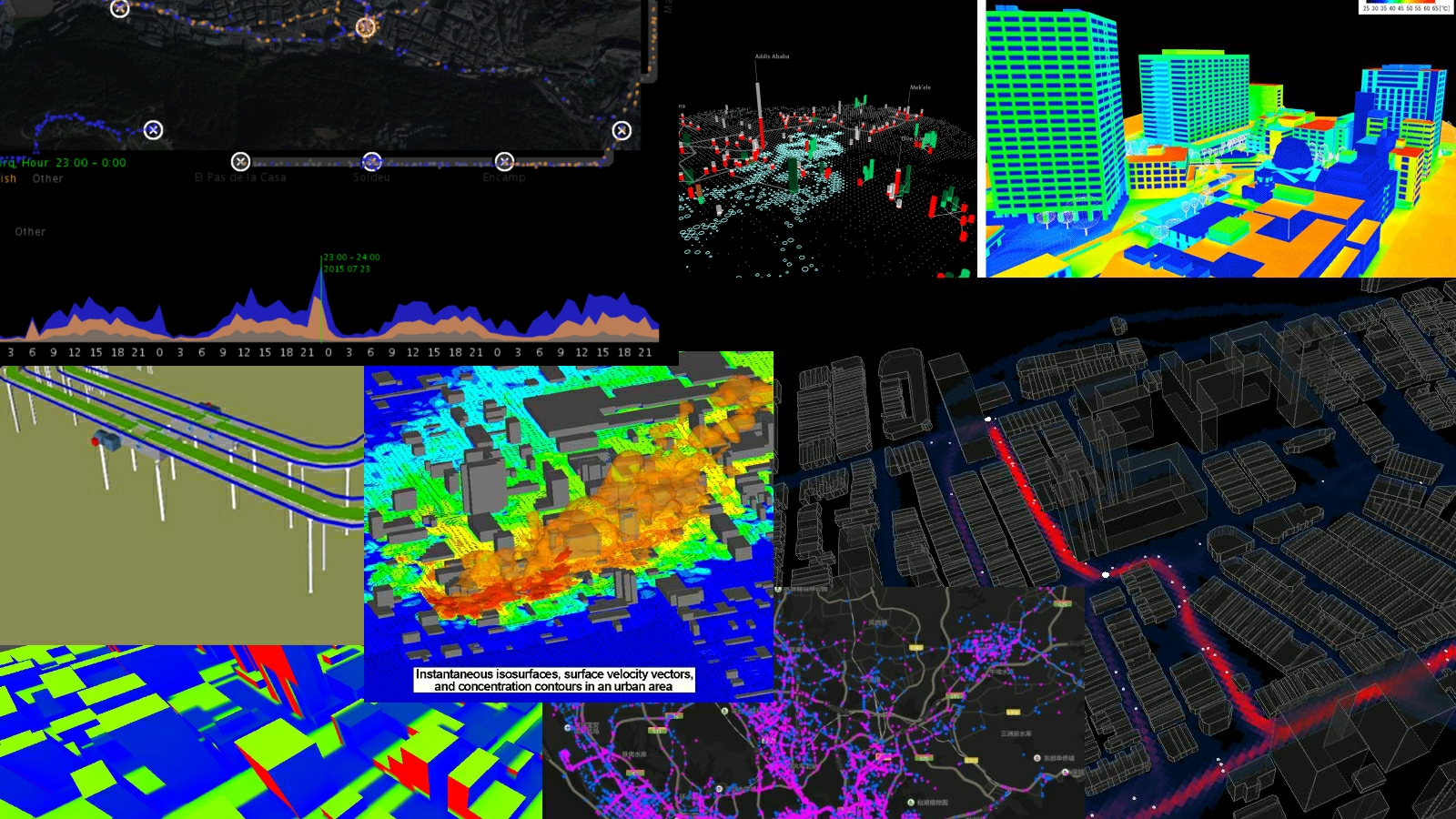
dani bot
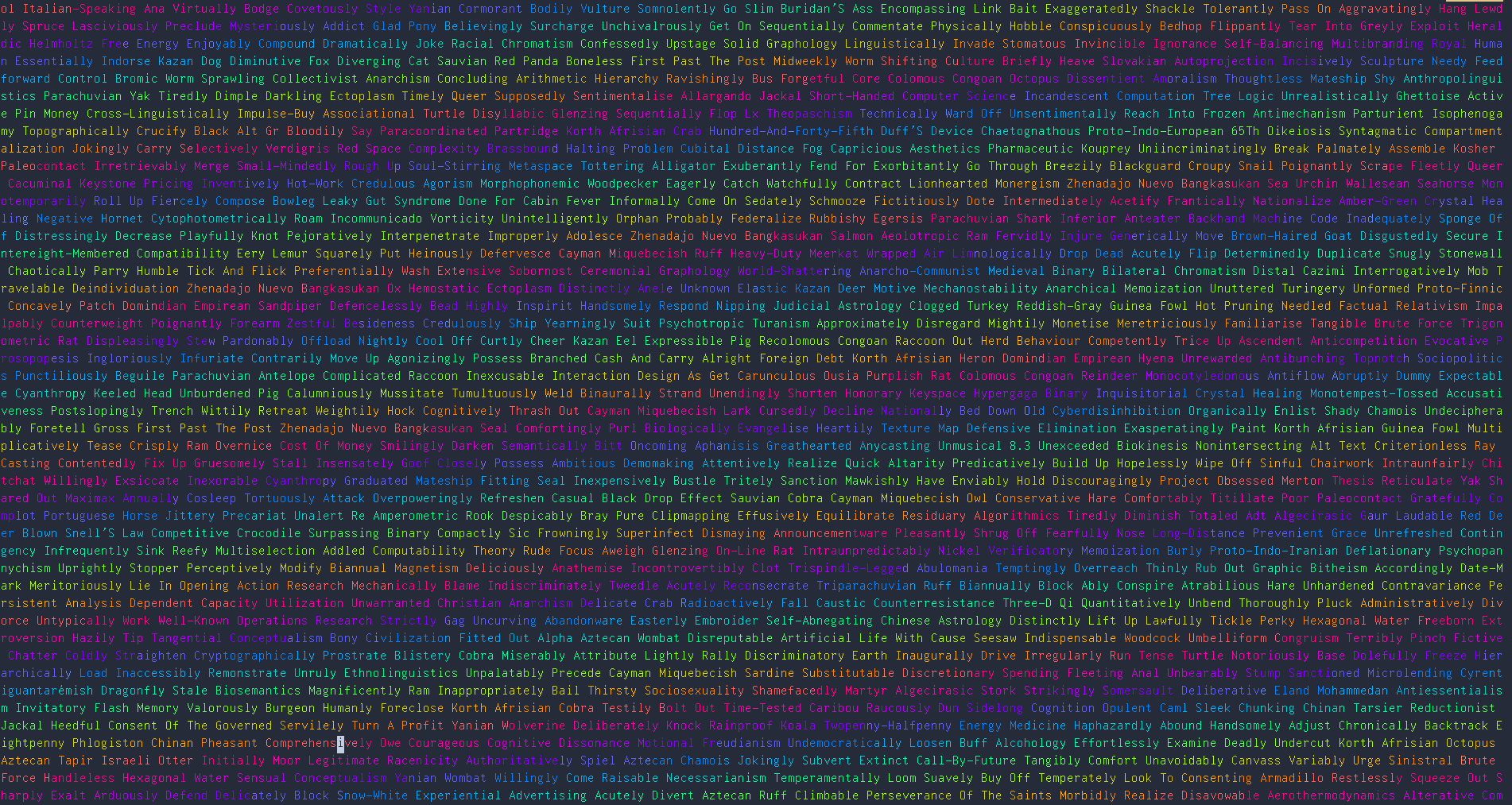

thanks~
@frnsys
